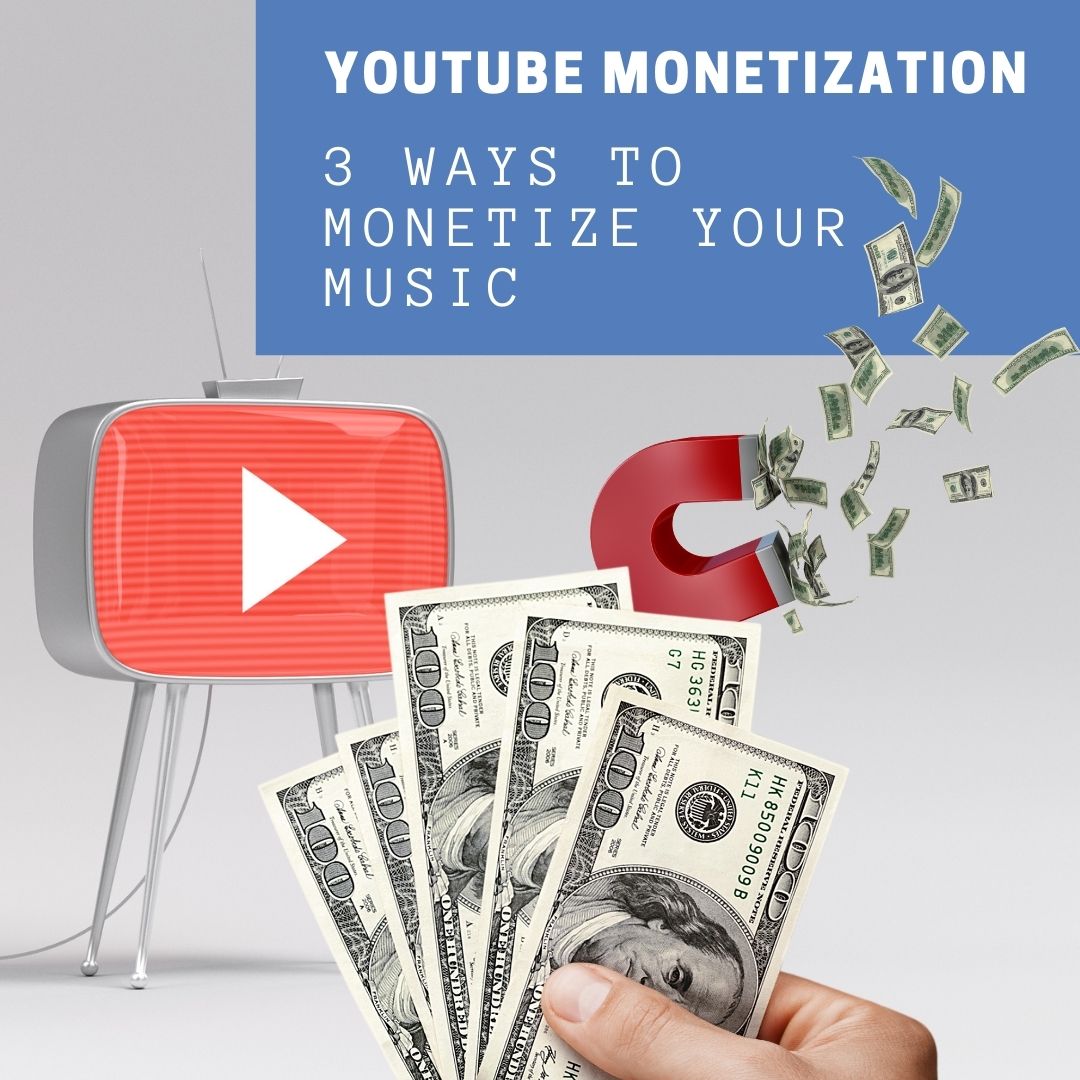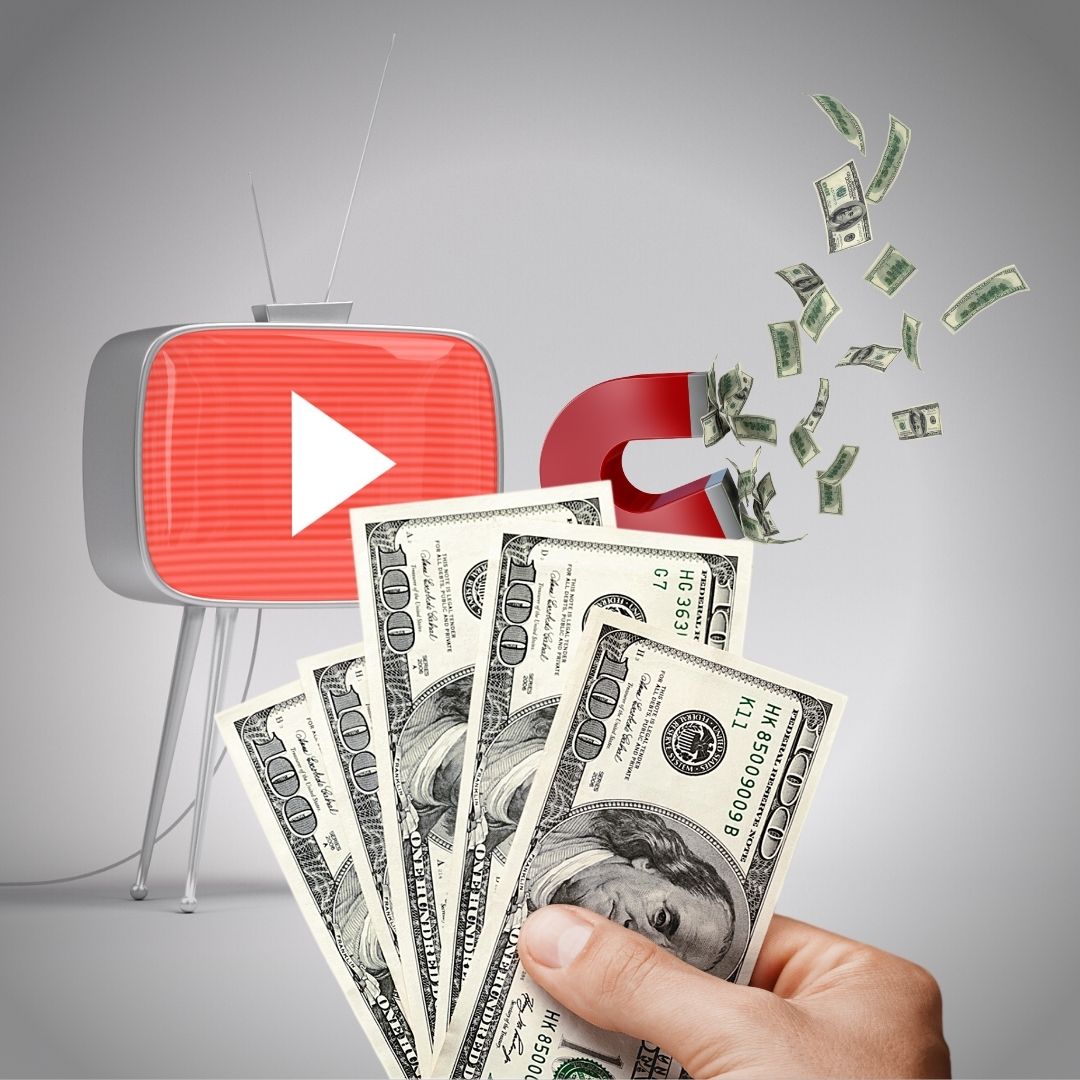
音樂人可以如何靠Youtube賺錢?
October 19, 2021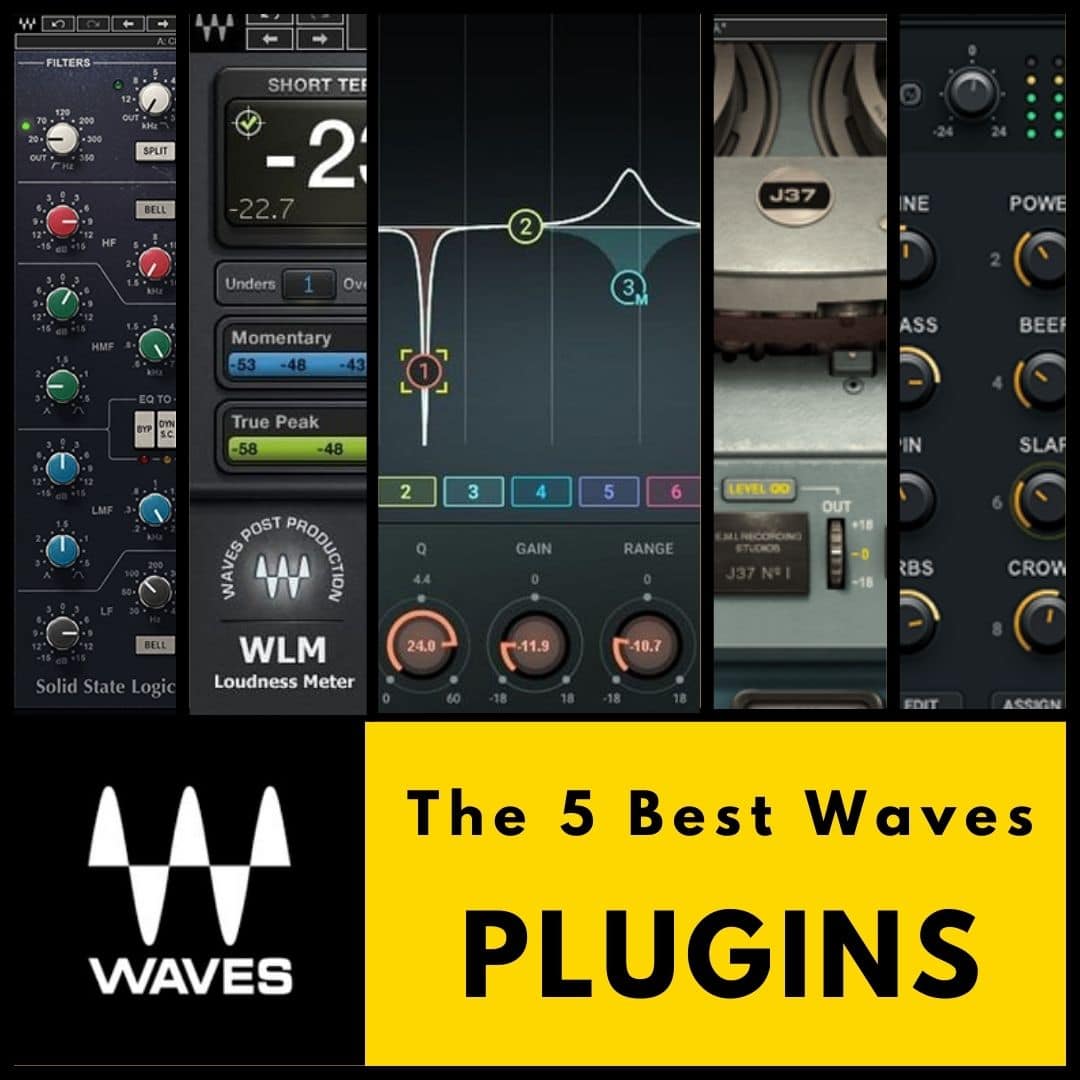
Waves Plugins Review- Top 5 Recommendations
October 31, 2021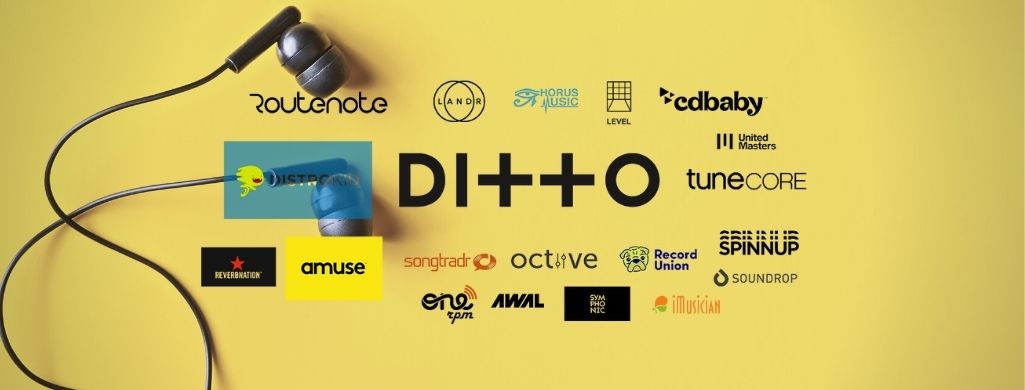
Choosing the right music distributor for your needs can be a difficult task. Which one is the best music distributor? With so many distributors out there, each with their own advantages and disadvantages, you need to know what they offer before making your choice.
The key factors when choosing which company to use are cost, commissions charged on sales, admin publishing partners available (to help track songwriter royalties), songwriter royalties collected by the company and more. It’s important that you take all these things into account in order to make an informed decision about which service is best for you.
Alright, before choosing the right distributor for your music, lets go through some of the terms & organisations that I think everyone should be familiar with, it’s especially important to know about them if you are living in the US.
Performing Rights Organizations (PROs)
The three major PROs in the U.S. are ASCAP, BMI and SESAC. They distribute royalties earned on TV and radio broadcasts, live concerts, and other venues to songwriters and publishers. Each PRO has its own membership requirements and specific rules about the types of music they represent.
If you want to submit your music for inclusion in their databases, you’ll need to complete paperwork from each one––and of course pay the annual fee––to be represented by them all.
SoundExchange
SoundExchange is more than just a distributor – it’s also an advocate, educator, technology company and industry champion. It provides access to services for all things musical including publishing rights management information, royalty collections, and music licensing data.
Similar to PROs, they collect revenue for the master rights holders from digital platforms for public performances of your recording (like satellite radio, Pandora, cable TV music channels, and streaming music). These royalties are for the artist who recorded the song (NOT the songwriter).
Admin Publishing
Admin Publishing partners are typically other distributors who will also distribute your music. The admin publishers manage the mechanical rights to your compositions so you don’t have to worry about it. This is typically done through a multi-territory license to cover most of the earth. You can also negotiate admin publishing deals with other publishers.
For instance, both CD Baby Pro and TuneCore Publishing are acting as administrators to collect royalties for your songs. They are not full-on publishing companies. When you sign up with them you are signing an “Admin Publishing” deal.
Music Publisher
Music publishers are in the business of promotion and monetization of musical compositions, they ensure that songwriters receive their compositions royalty, and also work to generate opportunities for those compositions to be performed and reproduced.
Some of companies like Warner Chappell, Sony Music Publishing, Universal Music, BMI they have been the major player for the longest time. I’m sure you have already heard of some these companies name before.
Sync Licensing
Sync licensing is when a song is licensed to be used in other media, such as TV shows and movies. The rights granted by sync licensing are typically controlled by the publisher of the song. There are two types of royalties that come from sync licensing- performance royalties and mechanical royalties.
1. Performance Royalties are paid for any type of public performance or broadcast
2. Mechanical Royalties are paid anytime someone makes an unauthorized copy of a song on CD, vinyl record, cassette tape, digital download etc…
If you want to get into music publishing there’s one thing you need to know about it – It’s not easy! You’ll have to work hard at getting your songs out there and be persistent.
Setlist
A setlist is a list of songs for a concert. When the tickets go on sale, it will show what songs are going to be played. People can choose which ones they want to hear. They can buy a ticket for a specific set that has the songs they want or buy a ticket for the whole concert and then pick their favourite songs from other sets.
Type Of Royalties/ Revenue You Can Make From Music
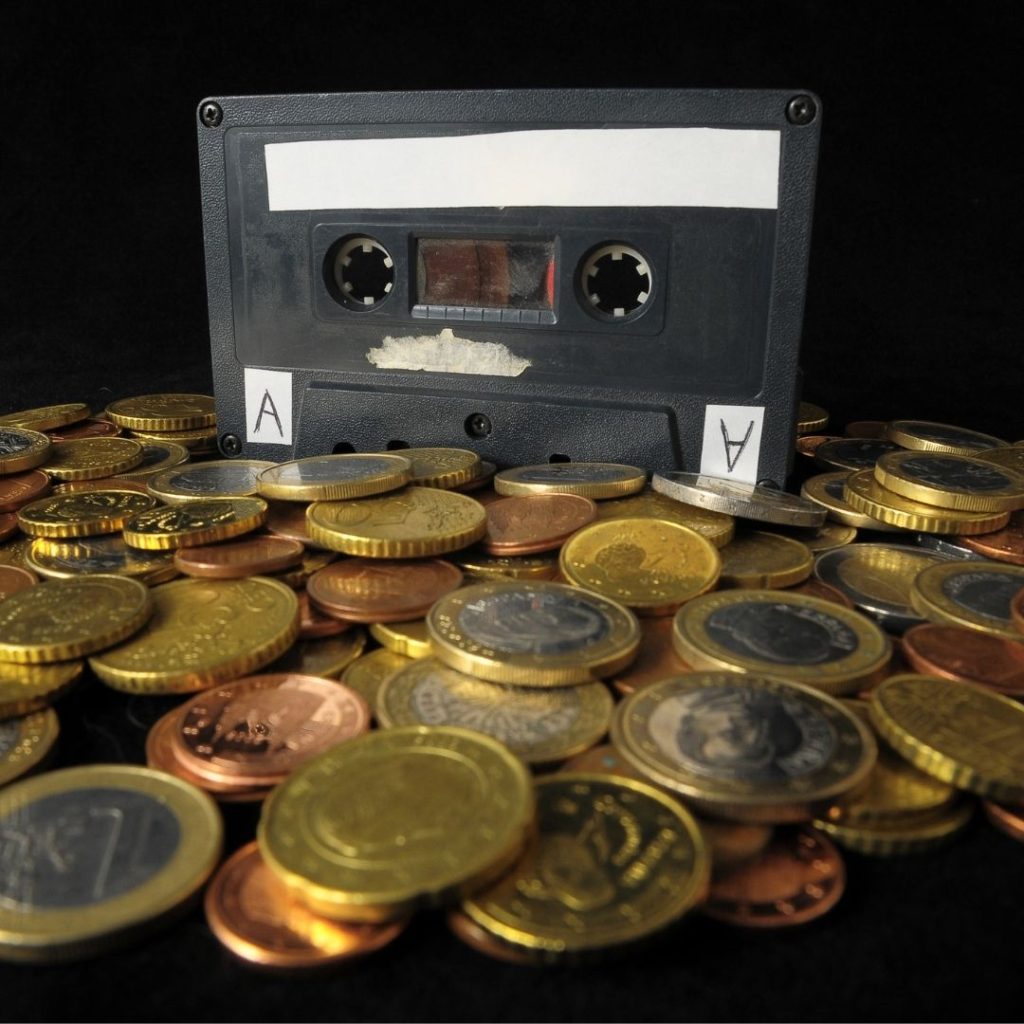
Composition Performance Royalties
As a composer, you receive composition performance royalties every time your song is performed. These royalties are often higher than publishing or mechanical royalty rates.
Anytime there is a “public performance” of your song, you are owed a royalty. For instance when your song is on the radio, Pandora, Spotify radio, YouTube, TV, heard in JC Penny, Sirius/XM, performed live at your concert, etc.
How to get paid: From your PRO
Recording Digital Performance Royalties
Recording digital performance royalties are a type of royalty that is paid to the performer or producer of a sound recording. Royalties can also be paid to songwriters and publishers in some cases. Digital performance royalties are often viewed as the next frontier in music and digital distribution.
These type of revenue come from a non interactive digital platforms like internet and satellite radio.
How to get paid: Sound Exchange
Interactive Streaming Revenue
The interactive streaming revenue is the money that a person earns from digital listening, It goes to the artist label. It allows people to have access to music, without purchasing or even downloading it.
The interactive streaming revenue is seen as the key to predicting how music royalties will be distributed. It takes into account the ways that people are listening to music, where they are listening – so this includes online platforms like YouTube and Spotify, through social media channels like Facebook, via smart speakers like Alexa and Google Home; it also includes mobile sources.
How to get paid: From Your Distribution company
Download Sales
Download sales is a form of digital consumption that some people use. It allows the user to download the music from an online distributor for a fee. The user can access it on their device, as well as share it with other devices on a similar network. Downloads are often cheaper than albums because they only require a fee for one song or album, but not both.
How to get paid: From distribution company
Mechanical Royalties
When someone buys your song (or streams it) you, the songwriter, is owed money. Spotify, Apple Music and similar “interactive” streaming services owe you mechanical royalties every time your song is streamed on their service.
How to get paid: Admin publishing company
Youtube Sound Recording Revenue
The sound recording revenue for Youtube is the money that a person earns from digital listening, It goes to the artist. It allows people to have access to music without purchasing or downloading it.
The sound recording revenue for Youtube includes offline platforms like YouTube and Spotify, through social media channels like Facebook, via smart speakers like Alexa and Google Home; it also includes mobile sources.
Youtube split the ad revenue 45%/55% in your favour.
How to get paid: Through digital distribution
Youtube Performance Royalties
YouTube royalties are part of the monetisation of the video content. The audio content has to be uploaded with the video in order for them to be eligible for YouTube royalties.
The music distribution industry is becoming more competitive with the arrival of new players and global distribution. Technological advancements have enabled music distribution companies to offer many new services, which in turn has led these companies to grow their customer base.
Any video on Youtube with your composition in it, earns a public performance royalty.
How to get paid: From your PRO
Youtube Composition Royalties
YouTube offers their partners a 60/40 revenue split. This means that the creator is entitled to keep 60% of the ad revenue generated on their videos, while YouTube will take 40%. For an individual video, if it has 300,000 views in one day, the creator would earn $18,000 in passive income through YouTube.
Apart of performance royalties, you can earn a percentage of the ad revenue generated from the video as composition royalties.
How to get paid: Admin publishing company
Master Use License & Synch License
A Master Use License is a license that you can use to give permission for other people to edit, mix, record over, or make derivative works from the original sound recording. A Synch License allows you to use copyright music in your video content. When using this type of license, the only person who has ownership of your video is you.
Any forms of video require both a master use license for use of the sound recording and sync license for use of the composition.
How to get paid: Directly from the TV studio, ad agency, production company or game company. It’s best to work with a licensing company.
TV Royalties
TV royalties are the royalties that are paid when a TV show or commercial is aired. They are considered to be either public or private. These royalties are paid in order to use the work of others in one’s project with permission. They can either be paid with one lump sum payment, or they can be paid per show based on how many times it airs.
How to get paid: SAG-AFTRA
What Is The Best Music Distributor? – Our Recommendations
Music distributors help artists and record companies receive royalties for their released music but make sure that they provide quality services. Some great examples of reliable music distributors include CD Baby, DistroKid and Tunecore. Before you hire a music distributor, here are a few things that you have to consider:
• Quality of services. Make sure the music distributor is a company that provides good services for artists and record companies.
• Background of company. Do a background check on a company before hiring them as your music distributor. It would be best if they have years of experience in distributing music rather than new companies.
• Regulations. Some countries have strict regulations when it comes to music distributors so make sure you hire one that is compliant with the government’s rules and regulations.
• Fees charged by the company. Determine how much money you are going to spend for a music distributor before hiring one. It would be best if they charge on a per-release basis instead of on an annual basis.
1. CD Baby Review:
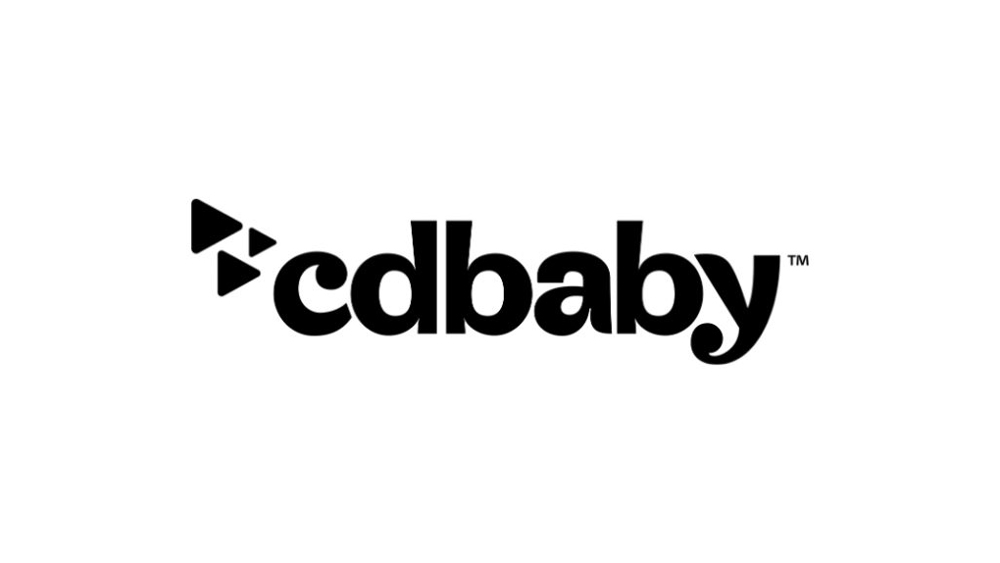
CD Baby is a great music distributor because of their wide range of music, ease of use, and their affordable prices. They have a large selection of albums available from Indie artists that you can’t find anywhere else online.
CD Baby is easy to navigate and provides an incredibly detailed database of music, as well as upcoming events and live performances for all your favorite bands, easy to navigate and incredibly fast and affordable.
Best:
- One time fees.
- They are providing physical distribution service to get your CD/record in record stores around the world, but you must apply for this feature.
- They are providing admin publishing service
- Not many companies collect your SoundExchange royalties for you, they are one of them, but only if you are an existing SoundExchange member.
- Synch licensing available for selected artist
WORST:
- They take a cut with 9% commission
- They charge $5 for a single UPC or $20 for an album UPC. These aren’t optional add ons. You can’t distribute your album without a UPC – so add on an additional $5 or $20 for each release.
- No Instagram Story “Music” inclusion
- High YouTube commission (30%)
- No payment splitting
- No mechanisms in place
2. DistroKid Review:
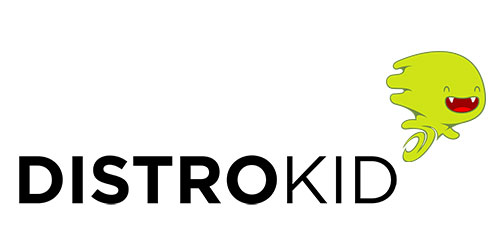
DistroKid is a music distribution service for independent musicians. It has a proprietary, automated online music distribution system that makes uploading high quality digital music to all of the popular digital stores an effortless process.
DistroKid doesn’t charge any fee’s on sales and uploads which means more money in your pocket. Instead, DistroKid takes a percentage of sales from iTunes and Amazon MP3 sales, but not from sells from other stores where you sell your music. These include Spotify, Google Play Music, CD Baby, Beats Music, Napster or any other store on the planet!
As a musician using DistroKid you also get unlimited access to their great customer support team who will answer any questions about your account or music uploads. You can reach their support team via email, phone or on their online chat system.
DistroKid has licensing deals with many major and indie music companies so it’s likely they will get your new release to stores faster than you uploading it yourself! DistroKid guarantees that new releases will appear first in stores like iTunes, Amazon MP3, Spotify, Beats Music and Google Play within just one hour of uploading.
BEST:
- No commission charged by them.
- Unlimited songs for a yearly member fee.
- Payment splitting
- Single page signup.
- Instagram Story “Music” inclusion
- Next day trending reports
- Send lyrics to Apple Music and iTunes.
- A lifetime deal “Leave a Legacy.” available with $30 per release, but please make sure you don’t miss any annual payment in order to keep it active.
- Songs download available.
WORST:
- The reports and analytics are not so great.
- $0.99/year/release for Shazam – this is free with all other services and it isn’t disclosed up front that this is not included for the yearly price.
- Lots of extra fees not disclosed up front or in the FAQ (like YouTube collection, Store Maximizer, Leave a Legacy Shazam, which are free with other services).
- they are not partnering with any admin publishing companies at this moment
- Payment splitting requires each collaborator to have a DistroKid account. No ability for main account holder to cover costs for other collaborators.
- No mechanisms in place
3. Tunecore Review:
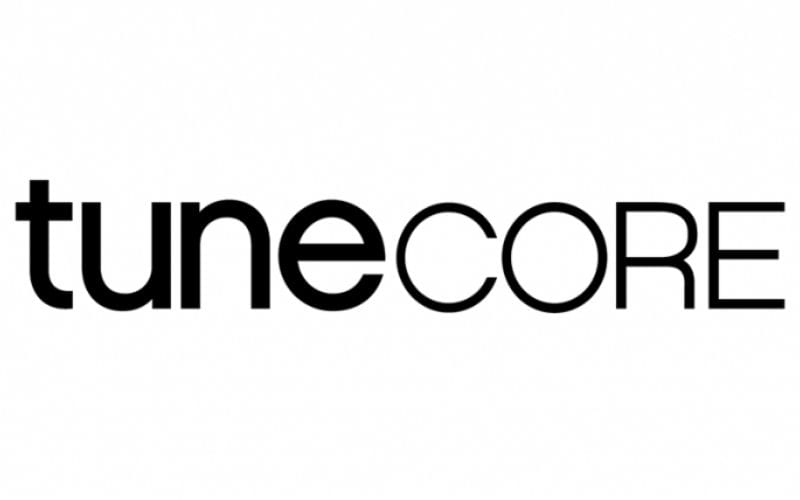
TUNE provides artists with not just a distribution service but also an online dashboard to track how their downloads are faring, access to tools for music promotion, the opportunity to get featured on Spotify and more.
TUNECORE is one of the leading distribution services out there right now. It has been around since 2007 and it still manages to deliver great results for indie artists. The best thing about TUNE is that they are always looking for ways to improve their services and this has resulted in numerous music distribution deals including Spotify, iTunes, Google Play, AmazonMP3, Beatport Pro & more.
This company also offers its own set of promotional tools which can really help spread new music around while providing feedback throughout the whole process at the same time.
BEST:
- No commission charged.
- Has an admin publishing company
- Very clear and detailed revenue and analytics reports, easy to interpret and understand.
- Daily trending reports
- Offers advances for future revenue projections
WORST:
- Costly yearly fees for each release
- No payment splitting
- You are restricted by their admin publishing company to work with other synch licensing agency
- Charges a fee for adding new outlets. Either $2 per outlet or an additional $10 per release to automatically add all new outlets.
- No mechanisms in place.
Conclusion
All in all, the 3 of them are some of the best music distributor in the music industry today, but If I were to choose one I may go with Distrokid. They are the most affordable DIY distributor on the market today, and also one of the longest-running. They’ve been around since 2009 and their prices have always remained as competitive as possible without any sudden or unpredictable spikes. That way you can budget for your music needs and know what to expect from them before it’s time to pay.
Thanks for sticking around until the end, I hope you find this article useful to you, let us know in the comment, which music distributor would you choose?
You may also like,




